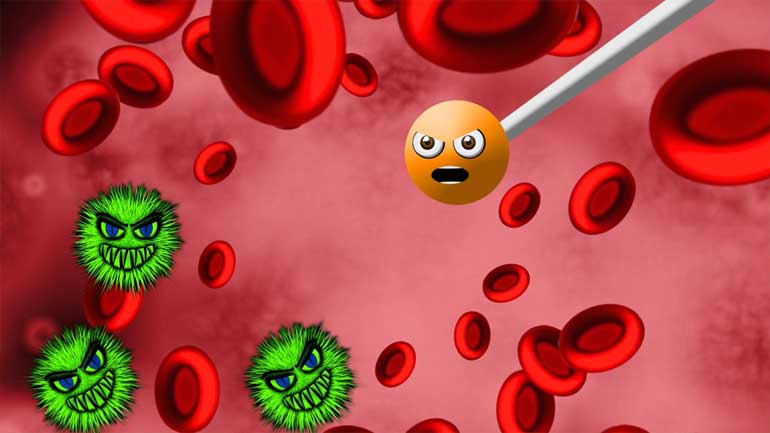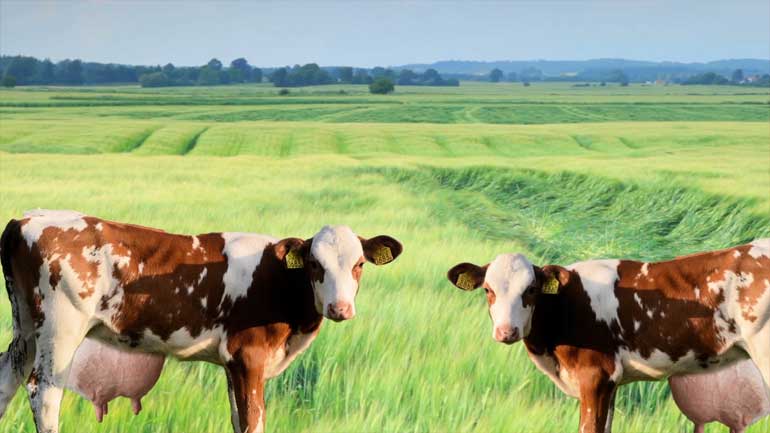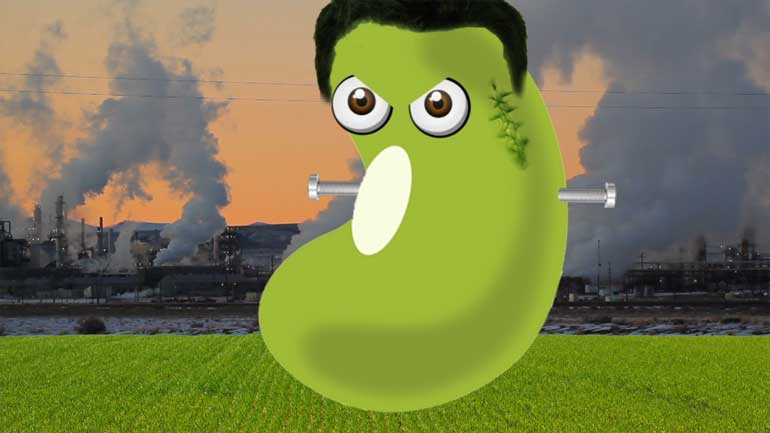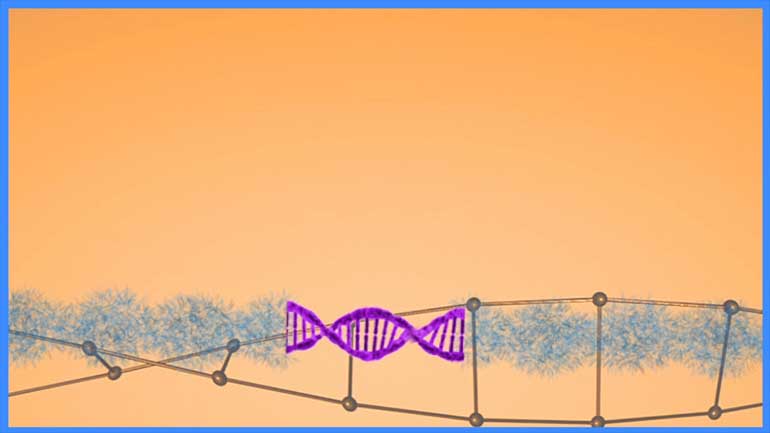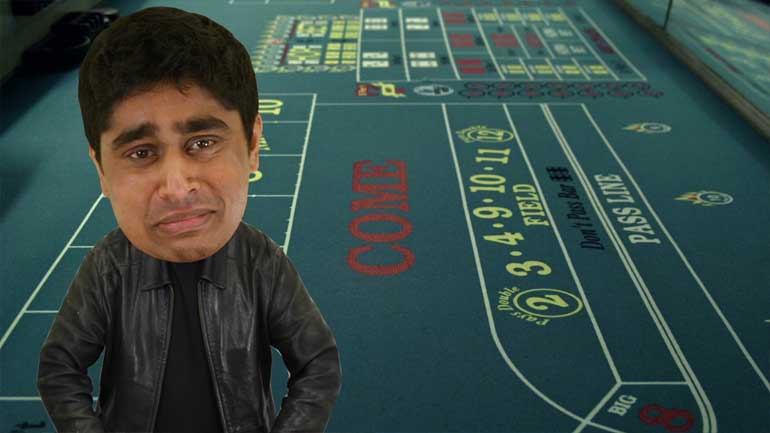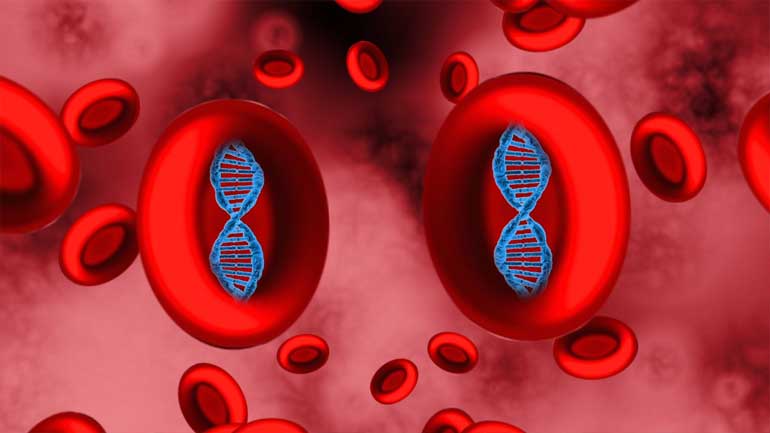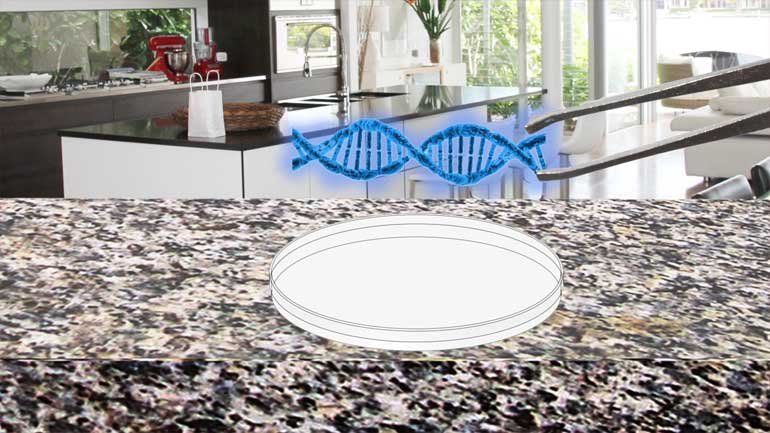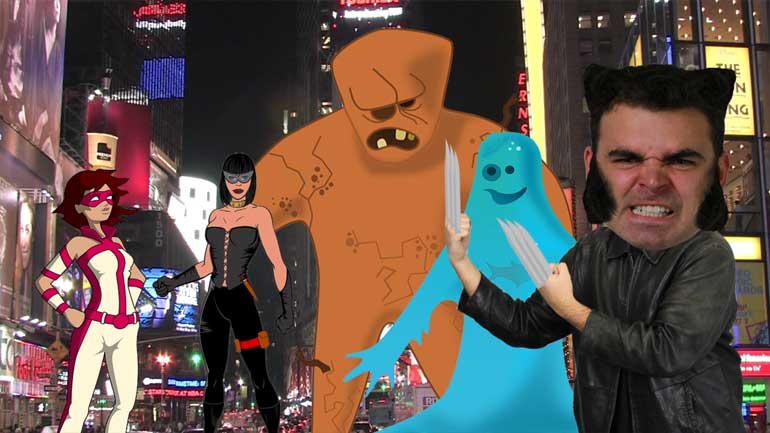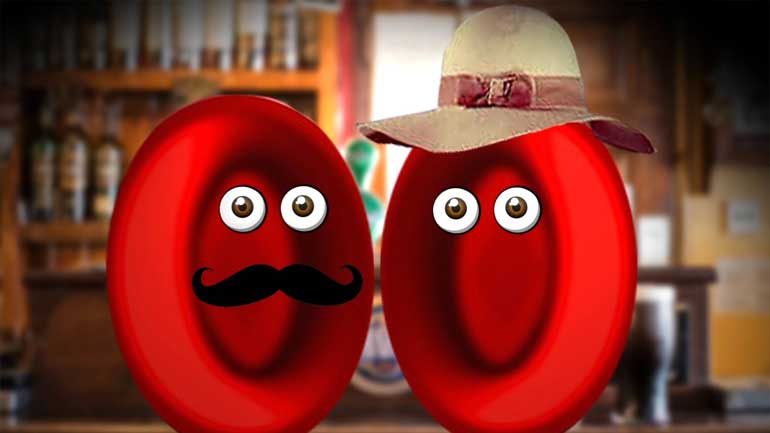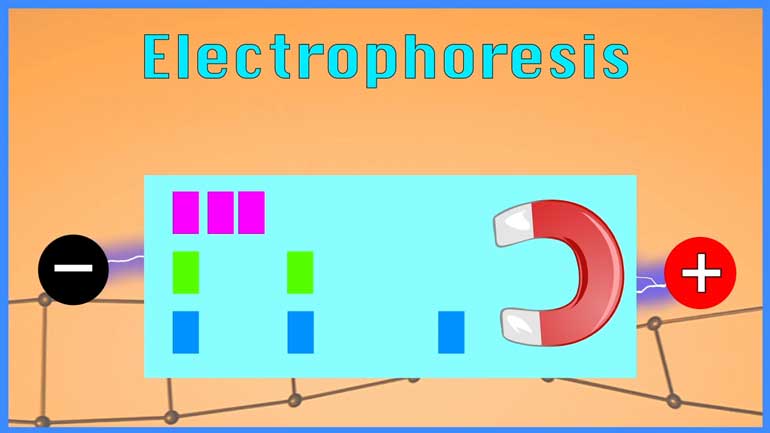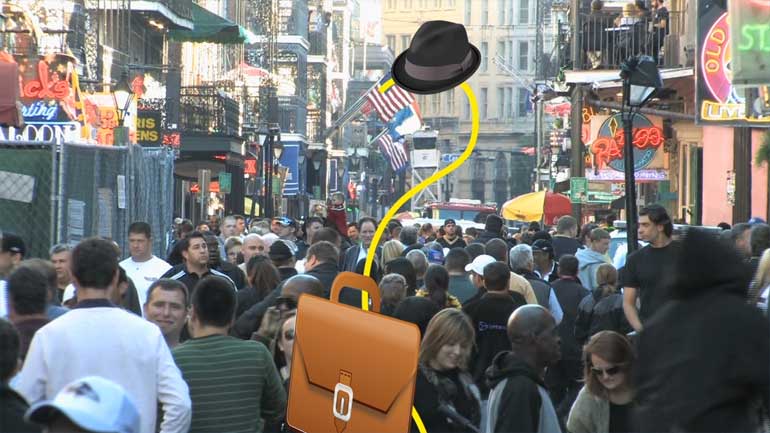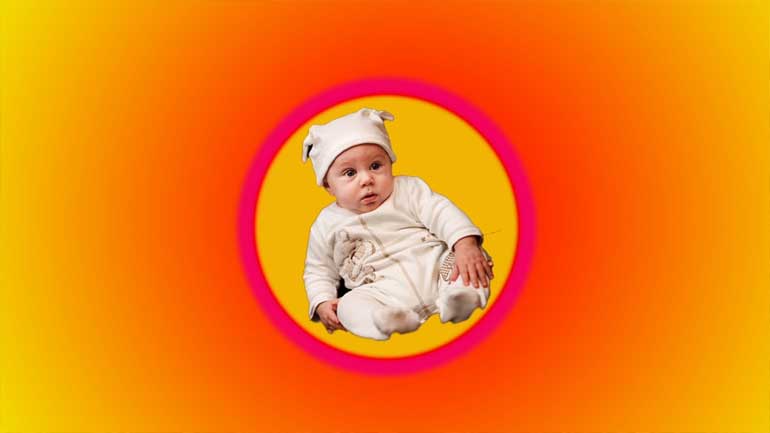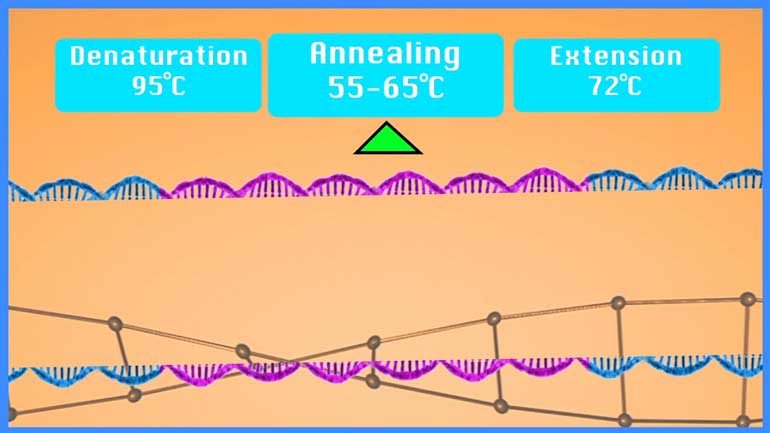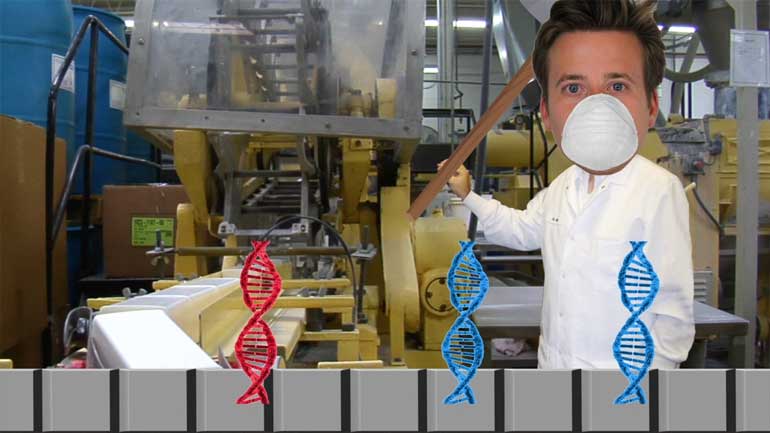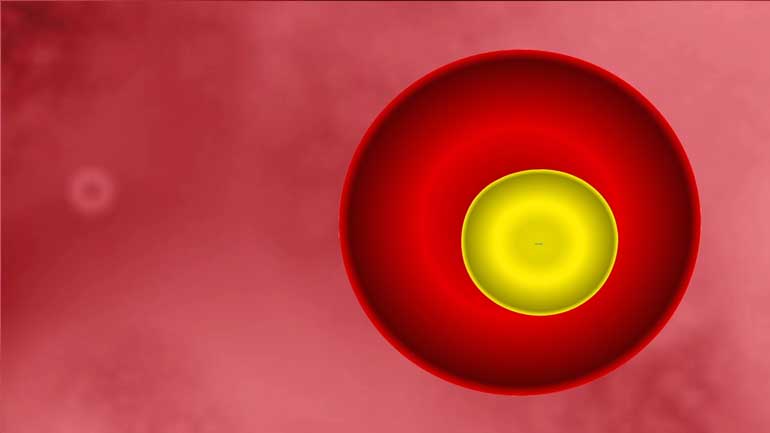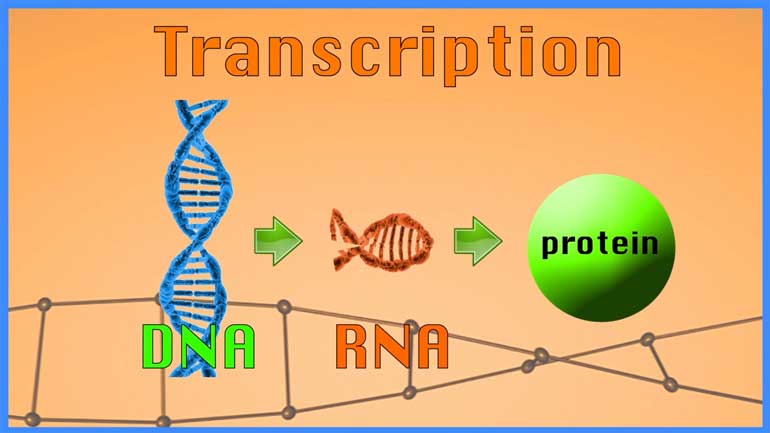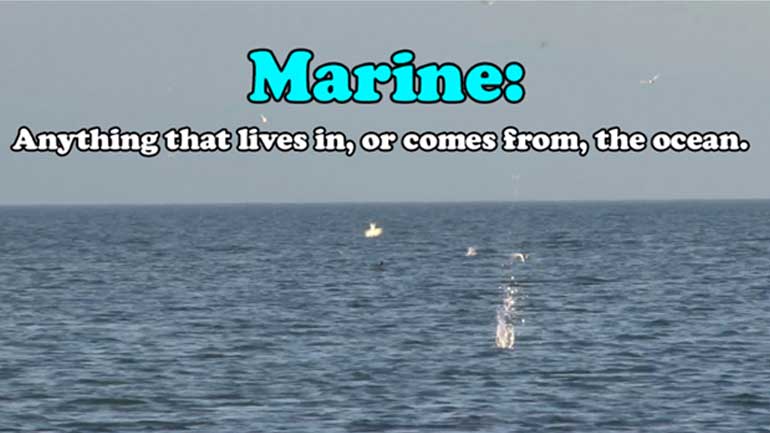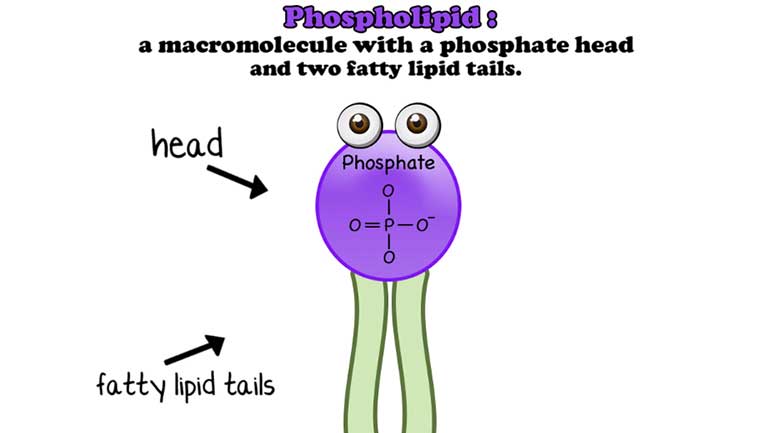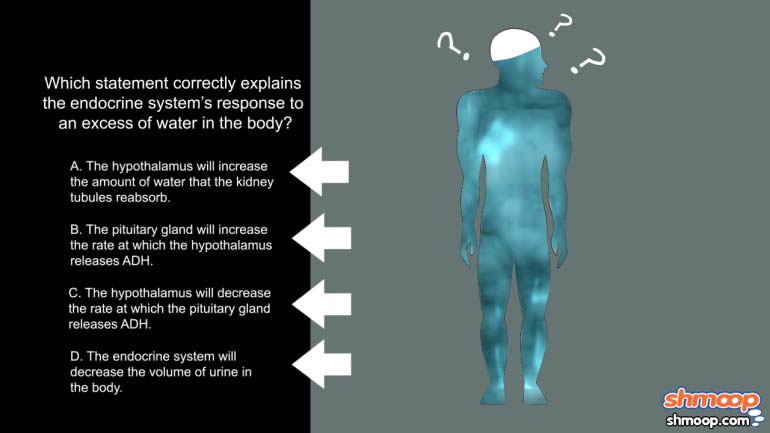ShmoopTube
Where Monty Python meets your 10th grade teacher.
Search Thousands of Shmoop Videos
Molecular Genetics Videos 21 videos
In this video from our course on molecular genetics, learn all about grant applications.
In this video from our course on molecular genetics, learn all about biotech in the real world.
In this video from our course on molecular genetics, learn all about animal cloning.
Molecular Genetics: In Vitro Mutagenisis 217 Views
Share It!
Description:
In this video from our course on molecular genetics, learn all about in vitro mutagenesis.
Transcript
- 00:13
We're talking biology with Dr. Ruth Tennen, and we're going to talk now about biotechnology.
- 00:21
This is kind of flowing in the line of thought here. What is in vitro mutagenesis?
- 00:28
So, in vitro means "in a test tube." And mutagenesis means "making mutations."
- 00:34
So it's a way of making mutations outside of a cell.
- 00:37
And so you could imagine, you notice that people who have a certain type of cancer have a certain mutation and you want to study that in cells...
Full Transcript
- 00:42
So you would take the DNA, mutate it in a test tube, put it back into a cell, and then kind of study the function.
- 00:51
At a banal level, we had "test tube babies," where we combined sperm and an egg in a test tube, and then put it back in a woman's womb...
- 01:01
And IPO happened nine months later...so is that...?
- 01:06
So that -- the in vitro part is the same. In that case, you're not really mutagenizing anything...
- 01:12
But you could imagine that if your embryo had some genetic defect...you would be able to do that -- you could wash it essentially...
Related Videos
In this video, we dive beneath the sea to review the kinds of interesting animals that live in the deep blue.
Anything that has a cell (bacteria, listen up!) has phospholipids that keep the cell contained and give it form and shape. Phospholipids protect us...
GMOs. Now that’s a scary word. Or is it? Guess it’s time to ask ourselves: WWMST? ...For those of us who don’t constantly ask ourselves “wh...

